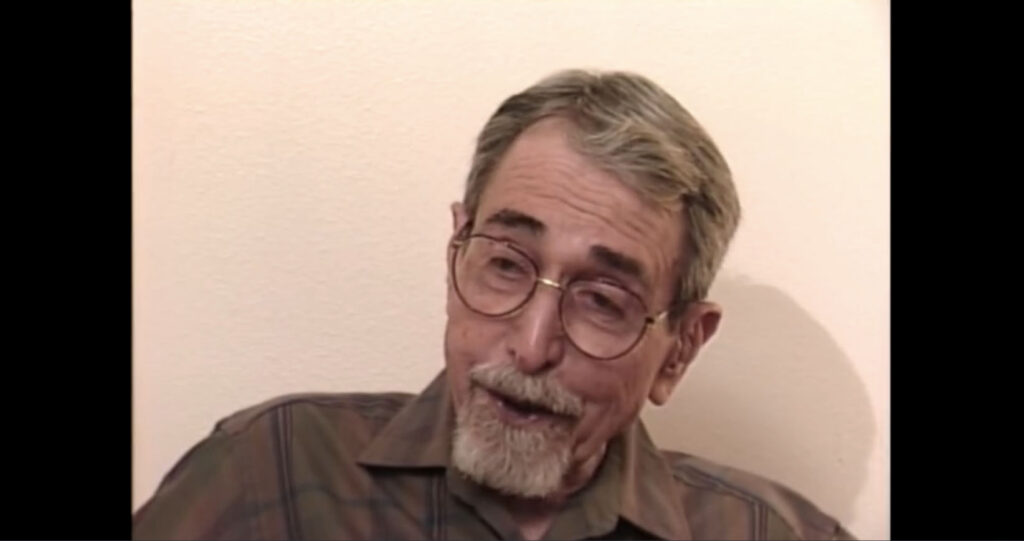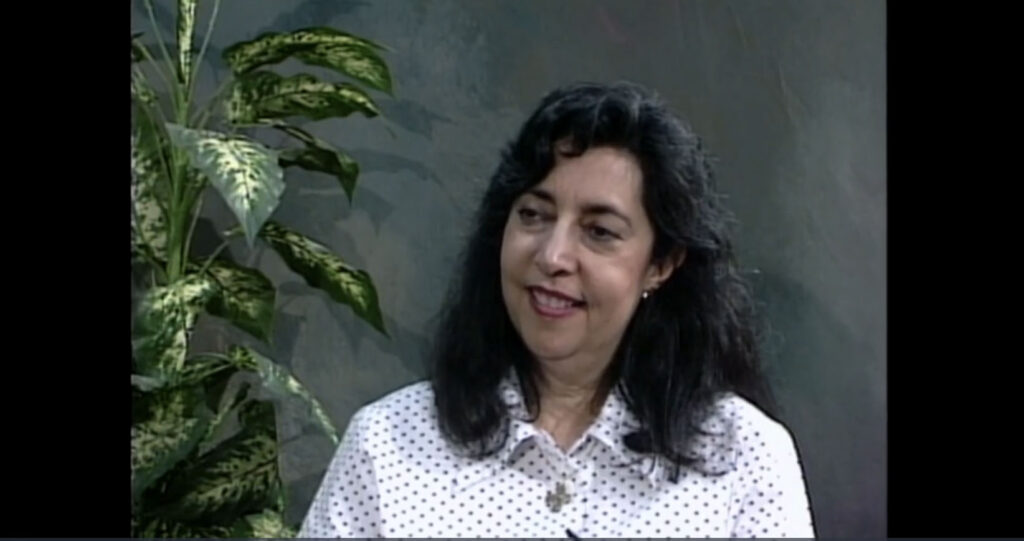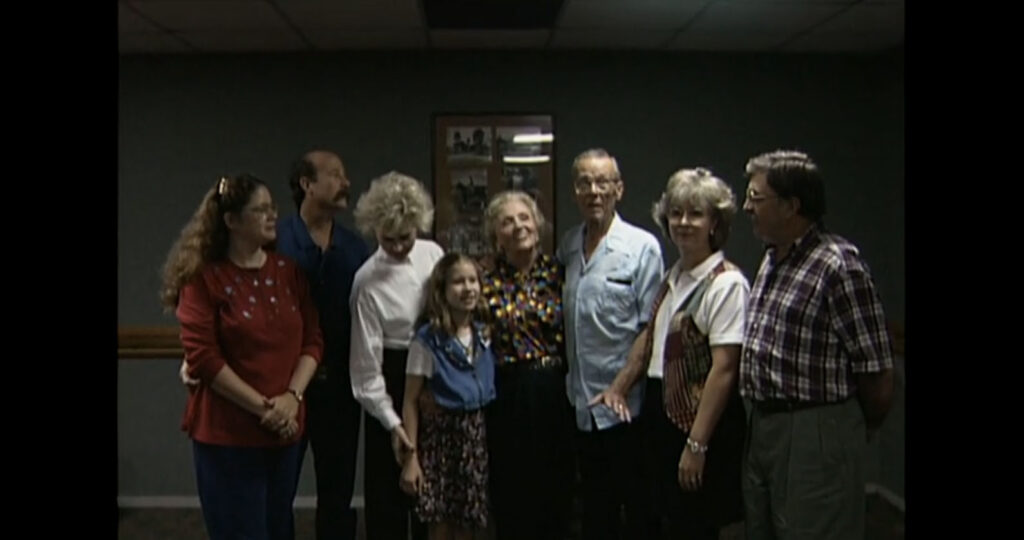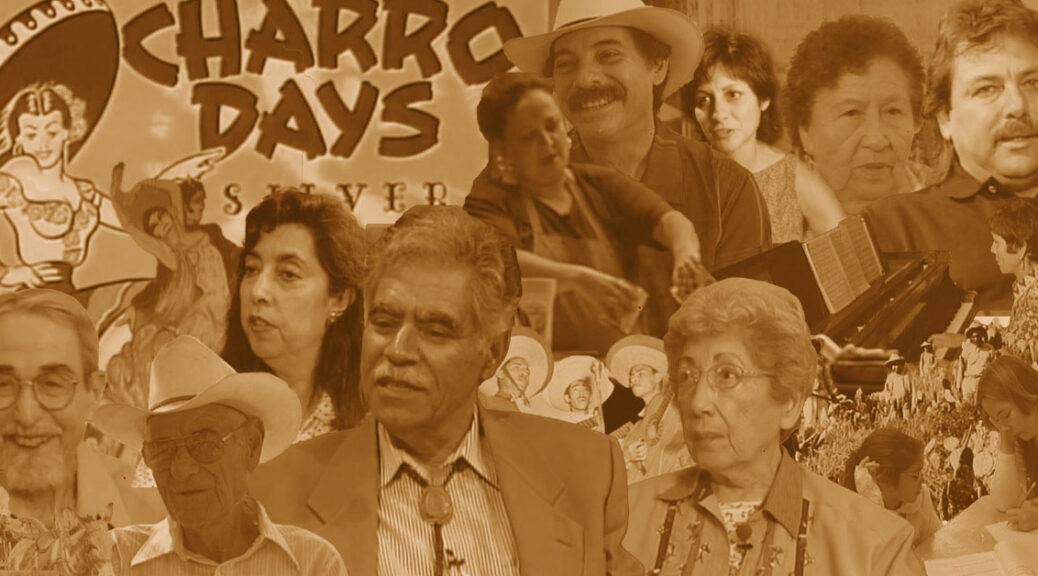The Benson Latin American Collection at The University of Texas at Austin has made a significant oral history archive featuring voices of the Rio Grande Valley of South Texas and Northern Mexico available online through the Libraries’ Collections Portal.
University of Texas Rio Grande Valley history professor Manuel F. Medrano launched the Los del Valle Oral History Project in 1993 with the goal of collecting and preserving historical memories in the Rio Grande Valley, a region that has been historically underrepresented in archival and published research. Many of the original interviews were broadcast in edited form on local public access television. The collection of nearly 300 videos was transferred to the Benson Latin American Collection in 2015.

“By making the Los del Valle Oral History Project fully available online, the Benson highlights the immense intellectual and cultural contributions of the people of the lower Rio Grande Valley to the state of Texas,” says John Morán González, J. Frank Dobie Regents Professor of American and English Literature and former director of the university’s Center for Mexican American Studies. “Scholars, students, and the general public now have access to key figures and ideas that will surely enrich our understanding of this unique borderlands region.”
Los del Valle (Spanish for “those of the Valley”) is a term used to describe Mexican Americans who live in the rural South Texas, especially those in Hidalgo, Starr and Cameron Counties. These predominantly Mexican American communities, some of which predate the modern border between Mexico and the United States, represent a vibrant culture along this historically fluid border. Interviewees come from both sides of the modern border, and include writers Rolando Hinojosa-Smith, Carmen Tafolla and Oscar Cásares; scholar and folklorist Américo Paredes; educator Juliet Garcia; artist Carmen Lomas Garza; and accordionist Narciso Martínez. Other subjects include shrimp boat workers, Charro Days participants, World War II veterans and filmmaker Gregory Nava. These interviews cover a wide range of topics, from the early days of settlement in the region to the Chicano Movement and beyond.

“Professor Manuel Medrano and his team have gifted us with an important resource that helps us understand the history of the Rio Grande Valley. By doing so, it places the RGV in the context of Texas and, more broadly, the U.S.,” says Maggie Rivas-Rodriguez, director of the Voces Oral History Center and the Center for Mexican American Studies.
“Oral history is key in documenting the perspective of the Latino community—too few Latinos/as will leave diaries, letters, and other records to a publicly accessible archive,” says Rivas-Rodriguez. “But even in the case of people like Américo Paredes, who did in fact leave his papers at the Benson, oral history provides context that would otherwise be unattainable.”

Learn more about the specific holdings in the Los del Valle Oral History Project at Texas Archival Resources Online, or browse the online collection in the Libraries’ Collections Portal.
Los del Valle Oral History Project Archive was digitized with funds from the Latin American Materials Project (LAMP), Center for Research Libraries.

